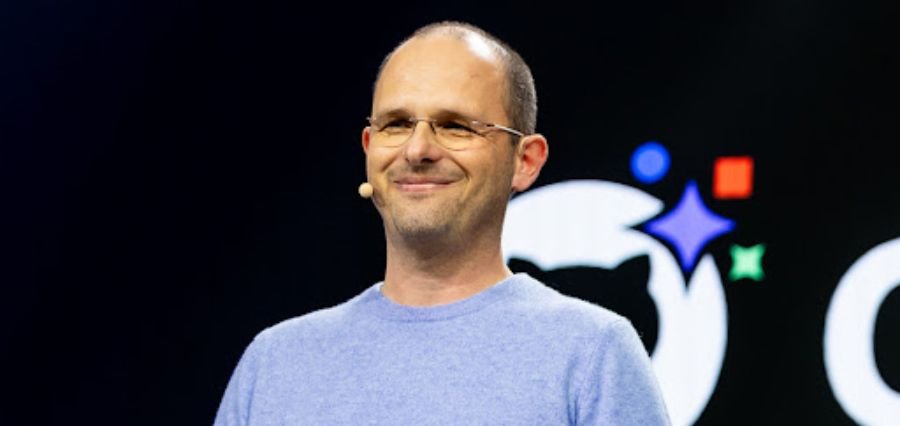Prime Highlights
- Alibaba promotes Jiang Fan, Taobao and Tmall general manager, to its five-member influential Partnership Committee.
- The leadership committee is reduced from 26 to 17 members to concentrate even further on AI innovation and overseas growth.
Key Fact
- Alibaba’s restructuring move is aimed at improving operating efficiency and pushing strategic initiatives in artificial intelligence and abroad.
Key Background
Alibaba Group also underwent a major structural change by elevating its core e-commerce unit head Jiang Fan to the most powerful leadership forum of the company — the five-member Partnership Committee. The committee has control over the bigger Partnership organisation, from 26 to 17 now. The committee holds considerable powers, such as suggesting directors to the board and determining the company’s strategy.
Jiang is the youngest member of the committee, at 39, which mirrors Alibaba’s increasing emphasis on hiring younger, tech-experienced leaders. Jiang was instrumental in designing and webbing out Taobao and Tmall, China’s two largest e-commerce marketplaces. Alibaba’s new emphasis on incorporating more advanced technologies like artificial intelligence into the reinforcement of its core digital retail business has been welcomed through Jiang’s appointment.
This reorganization is being undertaken as a part of Alibaba’s total overhaul that commenced in 2023 when it adopted huge “1+6+N” organization—dividing the company into many business units so that it can be agile and independently innovate. The rotation of leadership is in accordance with this strategy, to enable faster decision-making and stranglehold follow-up in its huge empire.
The leadership crisis also coincides with Alibaba battling rising competition from platforms such as Pinduoduo, Douyin (TikTok Shop), and Temu that have been expanding aggressively domestically and internationally. To remain in the front, Alibaba is not only increasing AI investment but expanding aggressively outside China on platforms such as Lazada in Southeast Asia and Trendyol in Turkey.
Through tightening up its leadership pipeline and developing next-generation managers, Alibaba is executing a strategic shift — from stodgy old e-commerce behemoth to leaner, high-tech global competitor. The restructuring will make the company nimbler, more capable of navigating regulatory minefields, accelerate AI innovation, and sink deeper into international markets.
Read Also : Texas Instruments Commits $60 Billion to Boost U.S. Chip Manufacturing, Creating 60,000 Jobs








